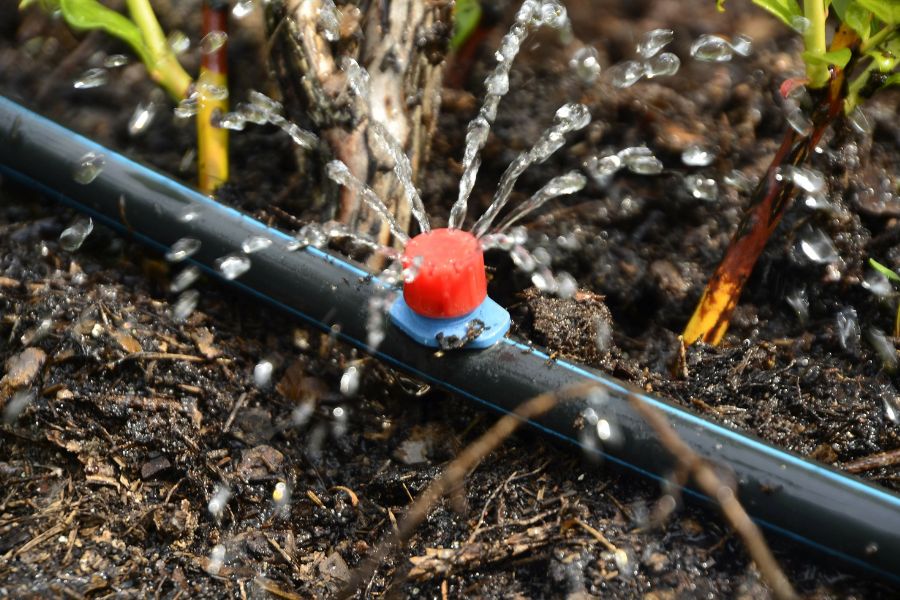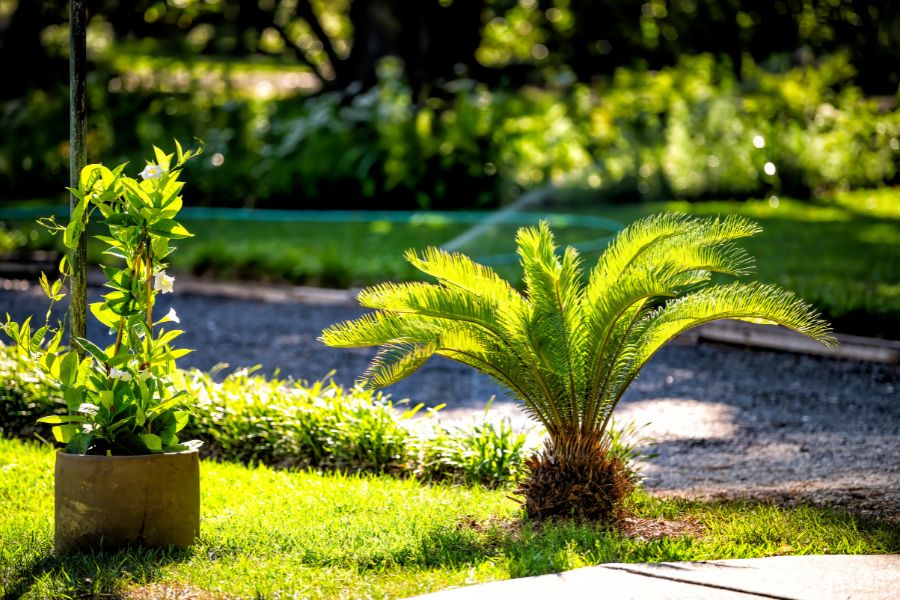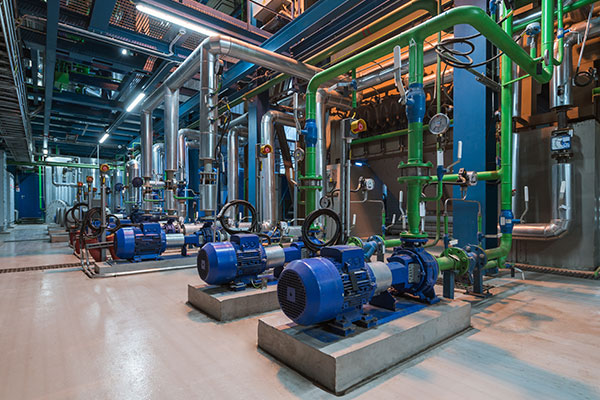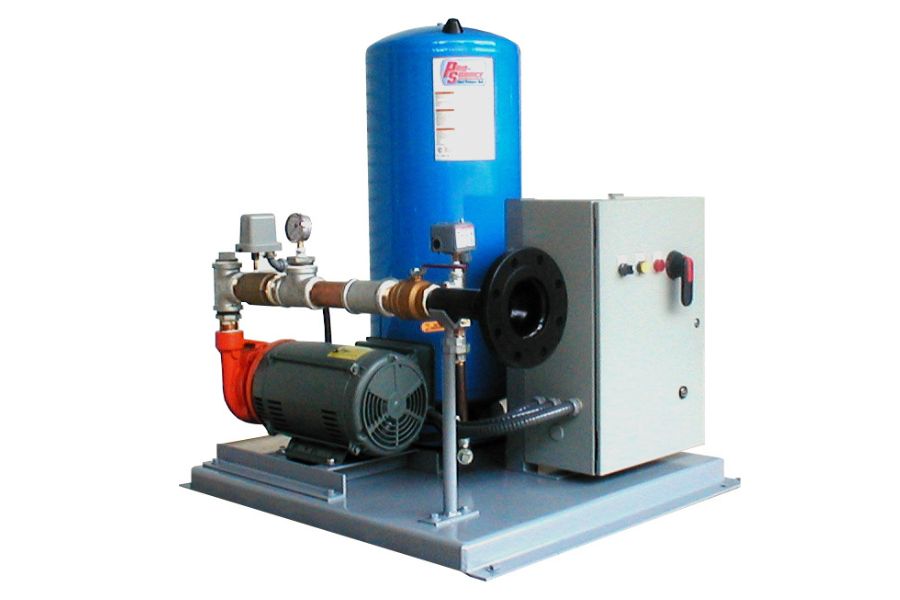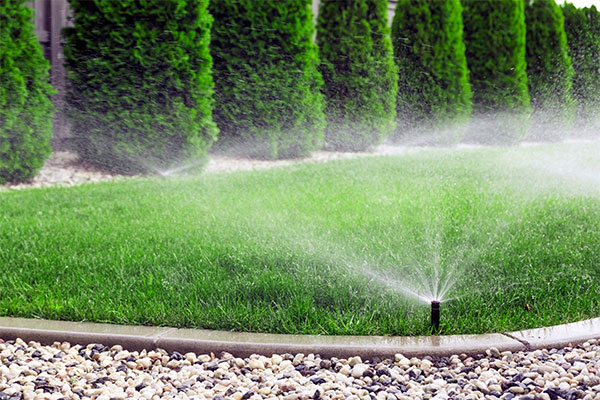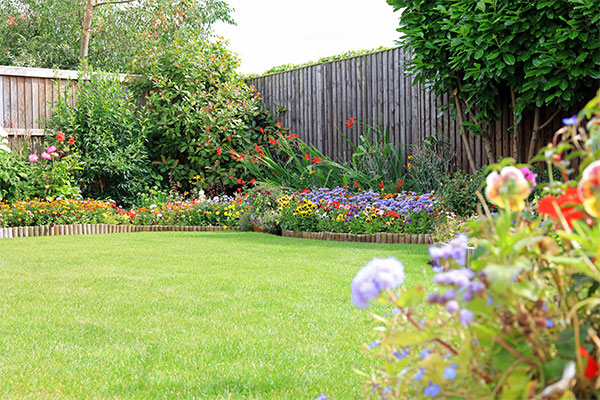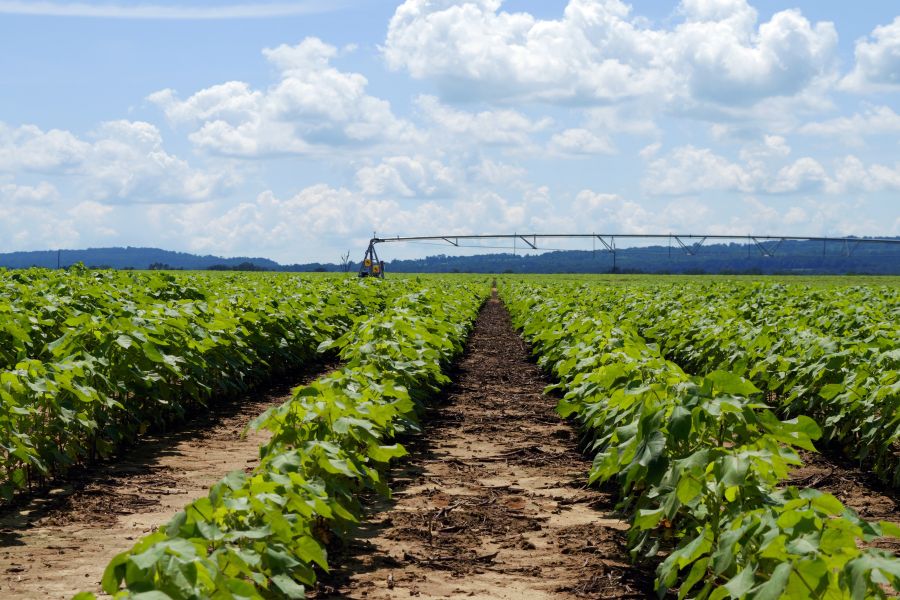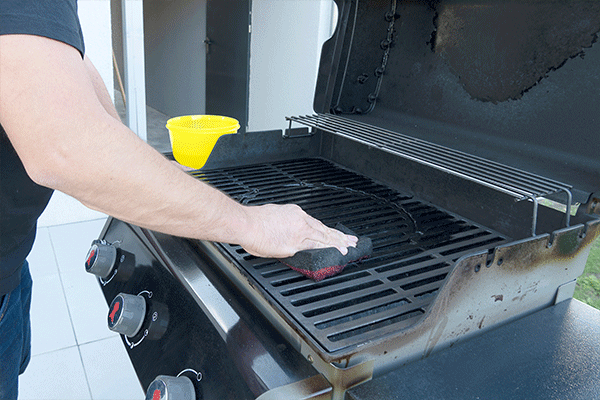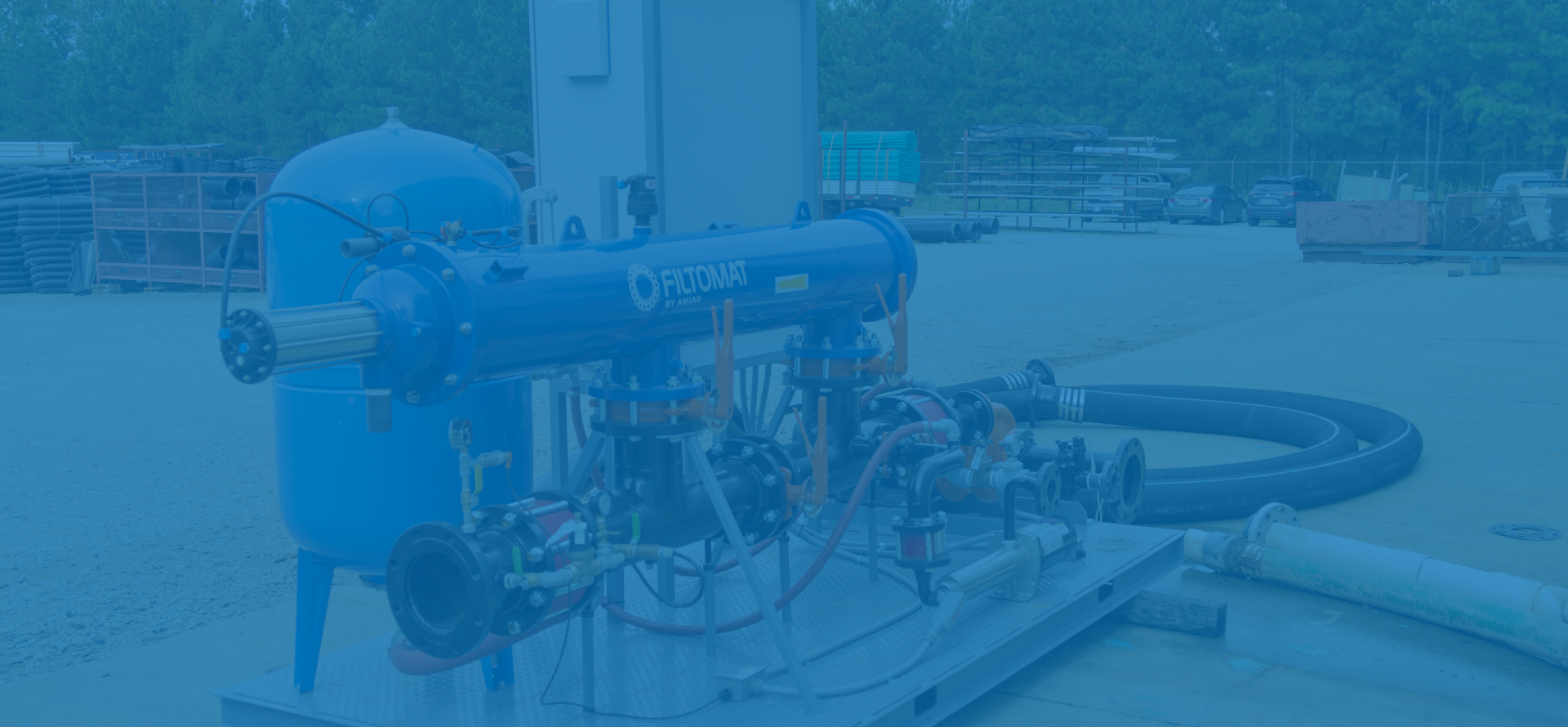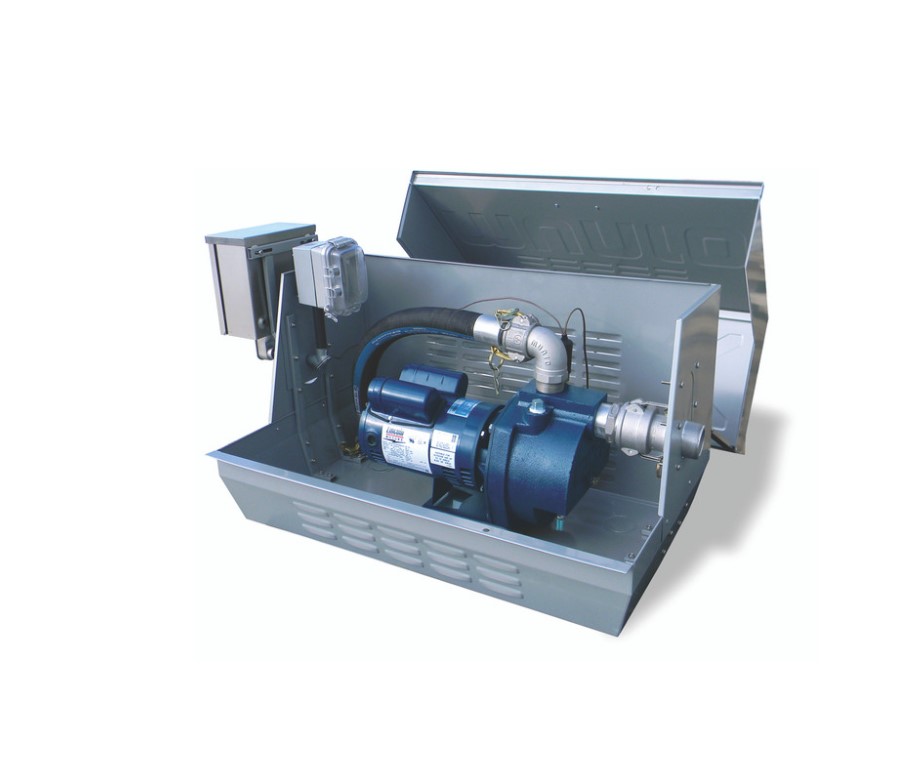
As the weather warms up and irrigation systems come back online, spring often reveals a range of pump issues that went unnoticed during winter. Whether you’re running a residential irrigation pump or a commercial fluid handling system, catching problems early can save time, water, and money.
Below, we’ll walk you through some pump troubleshooting problems, how to tackle quick fixes, and know when it’s time to bring in the experts.
Identifying Common Pump Issues
After a period of dormancy or low use during winter, pumps may not operate efficiently right away. Here are some of the most common issues WP Law clients encounter in early spring:
- Pump won’t start: Often caused by electrical faults, tripped breakers, or frozen components.
- Noisy operation: Grinding, squealing, or rattling may indicate worn bearings, debris buildup, or cavitation issues.
- Loss of prime: Air trapped in the suction line or a dry pump chamber can prevent water flow.
- Low pressure or flow: Clogged intake screens, worn impellers, or damaged seals may be to blame.
- Leaks: Gasket failure or cracked housings from freeze damage are common post-winter problems.
Doing a thorough spring inspection of your pump system is a great way to keep it in order. Checking power sources, connections, or performance can help spot issues early before they escalate.
Quick Pump Troubleshooting Tips
Some pump issues are minor and can be resolved with simple maintenance. Here are a few pump troubleshooting tips:
- Re-prime your pump: If the system has lost prime, follow your pump’s re-priming instructions — usually adding water to the pump housing.
- Clean the intake screen: Clogs can significantly reduce flow. Clean or replace the screen regularly.
- Check for air leaks: Use soapy water to find suction line leaks — bubbles indicate escaping air.
- Replace worn seals or gaskets: If you spot water around the pump, a new seal kit may solve the problem.
- Tighten loose connections: Ensure all electrical and plumbing fittings are secure and corrosion-free.
Always shut off power before inspecting or working on your pump, and refer to your owner’s manual for safe procedures.
When to Call a Professional
While many spring pump issues are minor, some signs mean it’s time to contact WP Law’s pump specialists:
- Persistent low flow or erratic pressure: This could indicate impeller damage or internal component wear that requires professional service.
- Unusual noises despite cleaning or tightening: Bearings or motor parts may be failing.
- Electrical problems: Flickering power, blown fuses, or tripped breakers need a licensed technician.
- Major leaks or cracked pump housing: Often caused by freezing, these require parts replacement or a new pump installation.
WP Law has over 50 years of experience helping residential, agricultural, and industrial clients troubleshoot and repair pump systems. We’ll get your irrigation or fluid handling setup back in shape — fast.
Don’t Let a Small Pump Issue Turn Into a Big One
If your pump is showing signs of trouble this spring, don’t wait for it to fail. WP Law offers expert troubleshooting, maintenance, and repair services to keep your system performing at its best.
Contact WP Law today for reliable diagnostics, parts, and professional solutions. Whether it’s your first pump or part of a larger irrigation network, we’re here to help you stay up and running.


